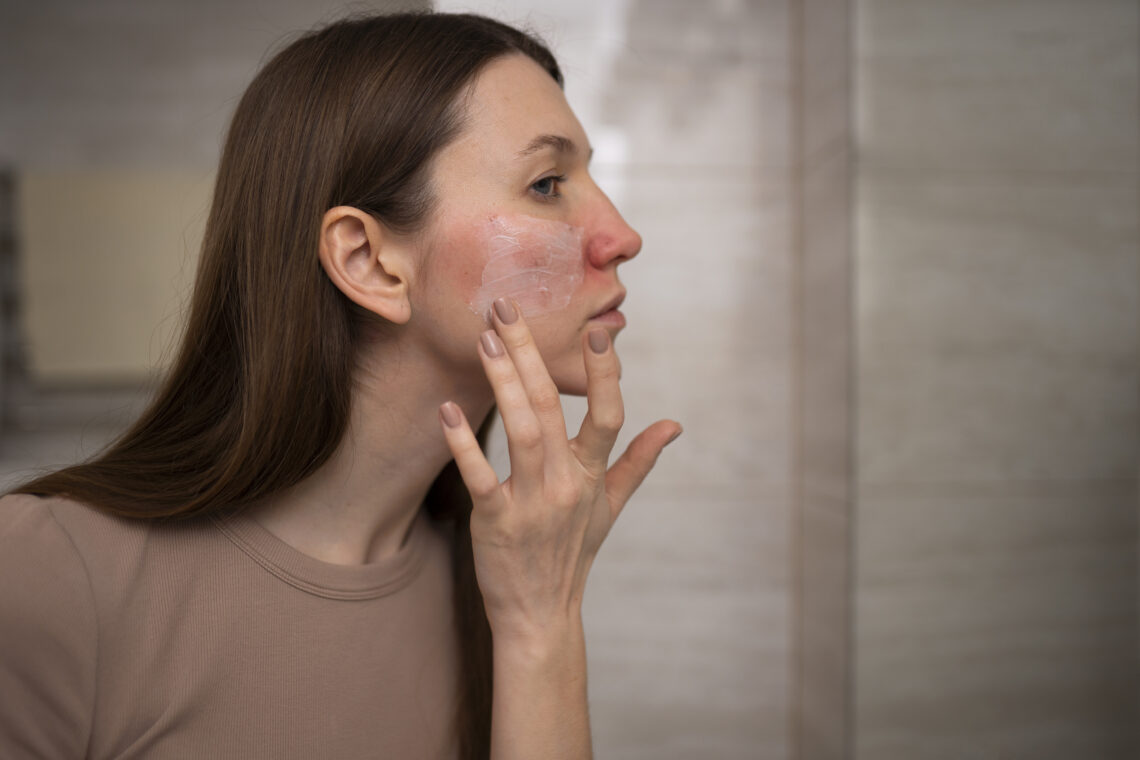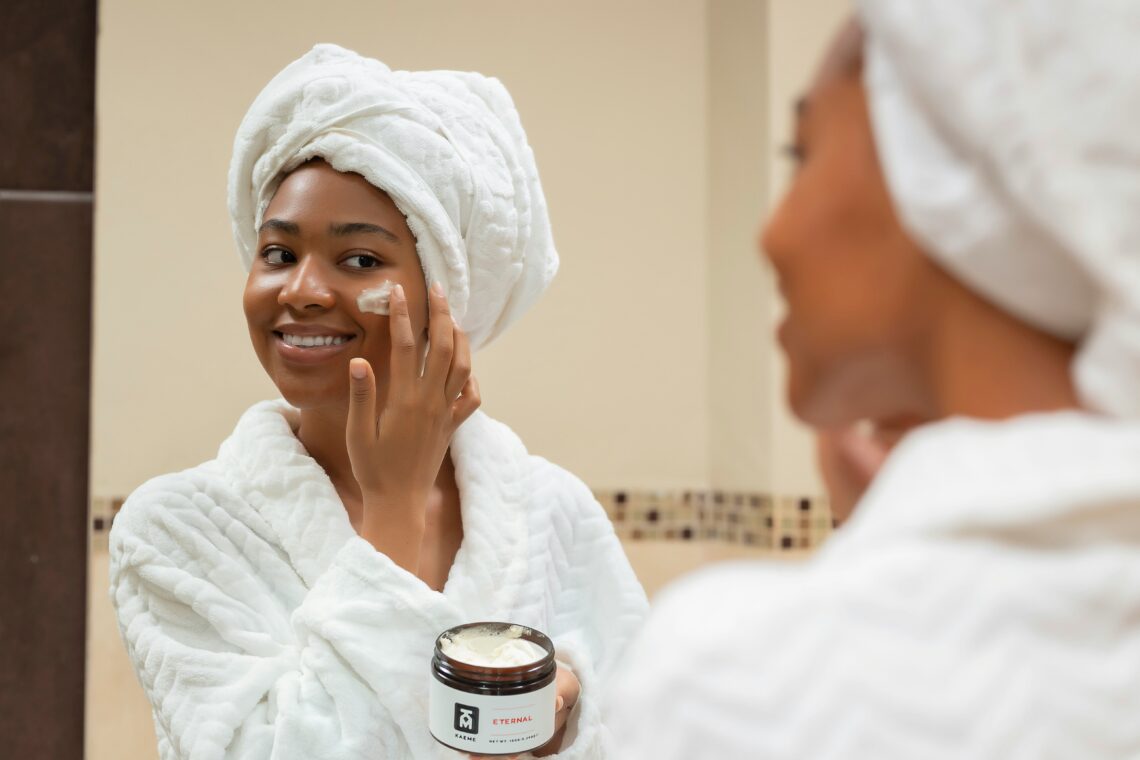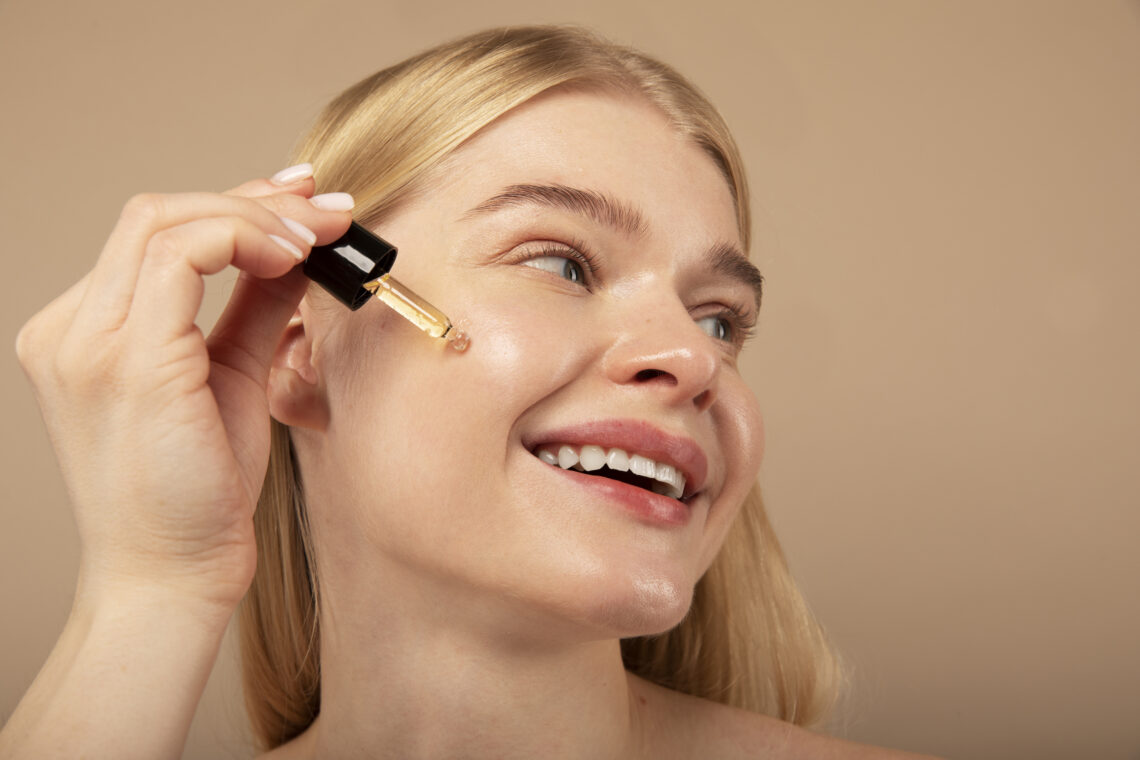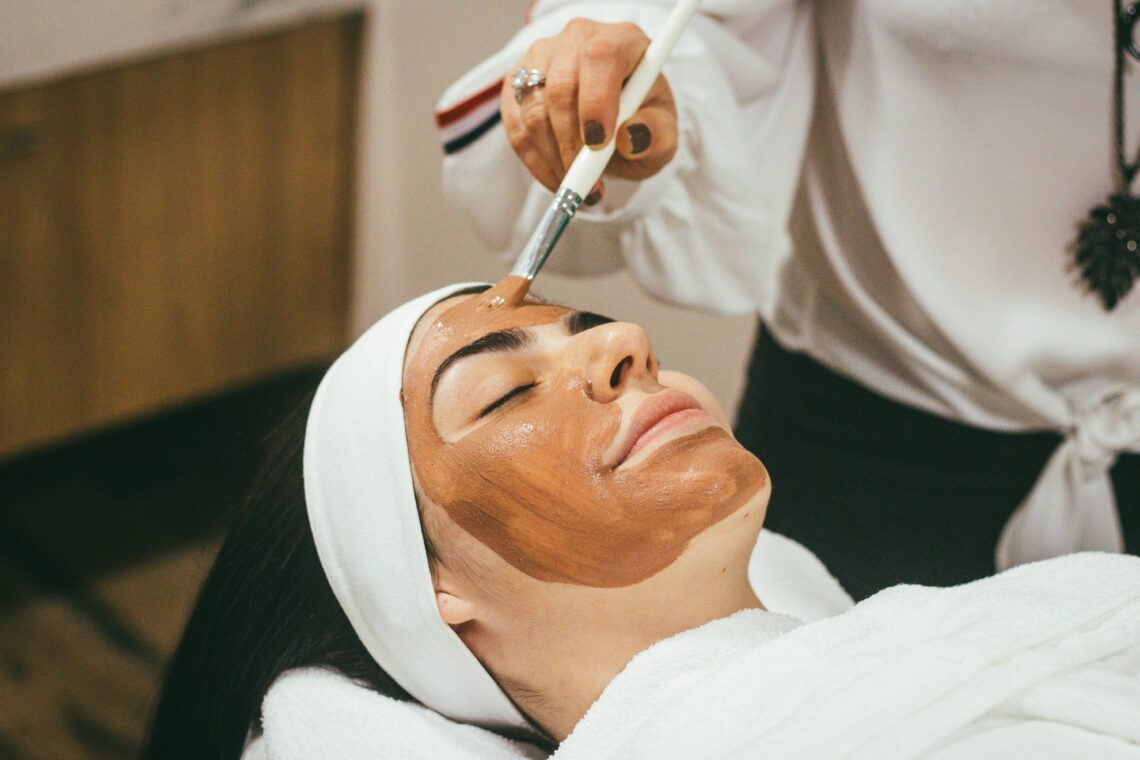Why Acne Treatment is Tricky for Sensitive Skin?
Taking care of acne can already be overwhelming – but if you also have sensitive skin, it is even more challenging. Many acne treatments are too intense and may cause your skin become dryer, redness or even irritation, making for skin even worse. So, that is the reason why you need to used dermatologist recommended skincare products to ease the side effect of acne treatment. Also, if you are suffering from the sensitive skin. It is important to use the right product for skincare routine, so as to control acne from breaking out and maintain your skin healthy and glowing.
This article includes the basic and daily tutorial that breaks down an ideal skincare routine and tips for sensitive acne-prone skin, including dermatological science and dermatologist recommended products on how to care for sensitive acne-prone skin. Let’s move on to the skincare routine!
Skincare Routine for Acne-Prone Skin
A balanced skincare routine is essential for managing acne-prone breakouts while keeping sensitive skin calm and stable. Using the right skincare routine can manage acne breakouts, reduce inflammation and maintain a healthy and strong skin barrier. Here’s a simple 3-step daily routine recommended by dermatologists for acne-prone sensitive skin:
Step One – Cleanse Gently
Hygiene is the most important and very first step for sensitive skin. By doing so, it is important to choose ideal ingredient for your skin types. Dermatologists suggest that using an alcohol-free and fragrance-free cleanser that won’t cause any irritation to your skin, also choose the ingredients contains ceramides and glycerin which help maintain moisture to your skin [1].
Fun Fact: What are ceramides and glycerin? How do they work in skincare products?
Ceramides are lipids (fats) that are naturally found in the outer layer of your skin. They make up about 50% of the skin’s barrier and play an important role in holding skin cells together, making skin repairing and moisturising at the same time [2]. Glycerin, also known as glycerol, is a common ingredient in skincare products. Glycerin is a natural plant-based humectant that can mitigate the irritation to your skin, it also helps to lock in moisture and hydrates for skin surface, preventing dryness and dehydration [3].
Step Two – Moisturise Properly – Even Oily and Acne-Prone Skin Types
There are doubts that moisturiser may clog pores, however, hydration is a key to calming sensitive skin and support healing from damage or dryness to reach healthy and glowing skin. This step is to address acne breakouts while simultaneously hydrating your skin. For morning treatment, using a lightweight and non-comedogenic moisturiser can calm inflammation and reduce redness. In contrary, for night treatment, applying serums with ingredients with ceramides, hyaluronic acid, or aloe vera, can lock in hydration on your skin surface with clogging pores.
Step Three – Targeted Treatment for Acne Aftercare
Once the acne breakouts begin to heal, it is important to focus on refining skin and fading marks from acne. That is, consistent sun protection is important to prevent the post-acne breakouts marks from getting dark and reduce the redness from sun exposure.
Sensitive Acne-Prone Skincare Tips from Dermatologist
DO:
• Always use patch to test new skincare products before applying to whole face.
• Use lukewarm water instead of hot/cold water to prevent further sensitivity.
• Follow to a simple routine for sensitive skin—less is more.
DON’T:
• Over-cleansing or over-exfoliating (no more than 1–2 times per week if needed).
• Using harsh acne treatments like benzoyl peroxide or retinoids unless under dermatological or medical advice.
• Popping pimples—it can worsen inflammation and lead to scarring.
How to Care for Your Skin After Breakouts?
It is vital to take care of sensitive skin, in terms of choosing the right skincare products for daily use is important. Firstly, it is crucial to strengthen the skin barrier, with a strong skin barrier, your skin will look smoother, more hydrated, and better to equipe skincare products, which means it helps to absorb your following skincare products more properly. Moreover, a resilient skin barrier can reduce the sensitivity of your skin from external triggers.
Secondly, using gentle brightening ingredients skincare products to fade dark spots and marks. After the acne breakouts, this commonly occurs after a wound heals and cause uneven skin tone – or hyperpigmentation (like post-acne marks). Skincare products with azelaic acid and niacinamide would be the ideal components for fading acne caused dark marks. In skincare products, azelaic acid also has anti-inflammatory properties, and it speeds up our natural skin cell turnover process. This benefit is great for reducing the appearance of, and preventing, hyperpigmentation. What’s more, it also kills acne-causing bacteria to help clear breakouts and break up closed comedones, which are commonly known as whiteheads [4]. Niacinamide is also anti-inflammatory, and it can regulate sebum production to control excess oiliness in people with acne-prone skin [5].
Lastly, the most important is to use sunscreen or sun cream to build an adequate protection. Using a SPF30+ sunscreen every day can prevent further irritation and dark spots. Also, sunscreen or sun cream is crucial to prevent skin cancer, regular use of SPF prevention can reduce the risk of skin cancer which is mainly caused by getting too much exposure in ultraviolet (UV).
Dermatologists Recommended Products for Sensitive Acne-prone Skin
Moisturiser for Acne-Prone Skin
CeraVe Facial Moisturising Lotion (PM)
CeraVe PM Facial Moisturising Lotion is a lightweight facial moisturiser, formulated with niacinamide, hyaluronic acid and 3 essential ceramides, helping to protect the skin’s natural barrier and provides a continuous release of hydration for up to 24 hours, locking in moisture all night long.
La Roche Posay Cicaplast Baume B5 Repairing Balm
La Roche-Posay’s Cicaplast Baume B5+ is a skin barrier repair specifically formulated for damaged, uncomfortable & irritated skin. Use balm for face and/or body on a wide range of common skin irritations including nappy rashes, heating sensations, post peeling & laser. Suitable for the whole family from adults to babies from 3 months. Also suitable skincare for cancer patients undergoing treatment.
After Care of Acne-Prone Skin
Paula’s Choice 10% niacinamide Booster
Paula’s Choice 10% niacinamide Booster concentrated 10% niacinamide (B3) visibly minimises pore size, reduces post breakout marks, fight multiple signs of ageing and improve skin’s texture. This multi-tasking ,light-weight formula also contains calming and hydrating ingredients to replenish skin and restore radiance.







